The supposed army of 1,000+ pandemic contact tracers in New York City will hit a roadblock this week as they assess the risk of disease spread from COVID-19 positive patients. Mayor Bill de Blasio has forbidden the tracers from asking sick patients if they attended one of the many George Floyd related protests in the nation's most populous city, giving the tracers an insurmountable barrier as they ostensibly keep New Yorkers safer.
"No person will be asked proactively if they attended a protest,” de Blasio spokesperson Avery Cohen told The City. Surveyors recruited as part of de Blasio's "test and trace" campaign will instead ask a series of indirect questions about whom the sick individual may have contacted in recent days.
Some questions of COVID-19 positive patients include whether or not the individual resides with others at home and who they have come into direct contact with. Other questions specifically look to assess the type of contact an individual may have had with others and where that location might be. Despite the growing concern about a lack of social distancing among protesters in the past several weeks, however, no question about whether a sick person contacted thousands of other protesters and police officers is permitted.
"If a person wants to proactively offer that information, there is an opportunity for them to do so," Cohen also said. Concern about a protest induced rise of infection rate in NYC, once the epicenter for death and hospitalizations at the height of the Wuhan coronavirus pandemic, has been prevalent since the start of unrest following the killing of George Floyd. Mayor de Blasio and NY Governor Andrew Cuomo have both acknowledged the potential for danger among the undistanced protesters, but have not addressed the risk as a potential health crisis.
On Sunday, Gov. Cuomo instead tweeted a threat to peaceful New Yorkers, business owners, and police officers for not following social distancing guidelines.
Recommended
We have received 25,000 complaints of reopening violations.
— Andrew Cuomo (@NYGovCuomo) June 14, 2020
Bars or restaurants that violate the law can lose their liquor license.
People with open containers in the street can be fined.
Police & protesters not wearing masks can be fined.
Local gov't must enforce the law.
Many New York tweeters pointed out the hypocrisy of state and local leadership in continuing to enforce a draconian, economy crushing lockdown while barely flinching at scores of protesters not wearing masks.
So your going after small businesses, but your okay with this happening in Brooklyn pic.twitter.com/rVWj3p7KWQ
— Big Lou (@GrkBigLou) June 15, 2020
Hi @NYGovCuomo I’d like to report someone not wearing a mask at a protest. pic.twitter.com/FGCgpYMpEY
— Karol Markowicz (@karol) June 15, 2020
Gov. Cuomo has been sharply criticized for implementing a policy that forced nursing homes in New York to admit COVID-19 positive patients, putting thousands of the state's most vulnerable residents at risk and causing the infection and deaths of many.
Dear @NYGovCuomo, we’ll never forget this. Thousands of family members in your state were never able mourn loved ones or see them before they died. And yet thousands of protesters are allowed to gather like this. It’s unforgivable. https://t.co/tGYjZ5aC4V
— Janice Dean (@JaniceDean) June 15, 2020
The subject of contact tracing has also been heavily criticized in the country as potentially putting the privacy of Americans in peril. Tracers in New York have found that those they are asking have not been entirely willing to give up the information about who they have seen and where they have been.
"Naturally, we have not been able to obtain all information from all positive cases, but engagement among those reached is high," Cohen said. Mayor de Blasio is expected to expand on information gained through contact tracing interviews sometime on Monday.
Last week, Gov. Cuomo announced that New York had the lowest COVID-19 transmission rate in the entire country, saying that some areas of the state may soon enter Phase Three, allowing more gatherings and more business operation. New York City, home to more than 9 million people, remains in Phase One.

















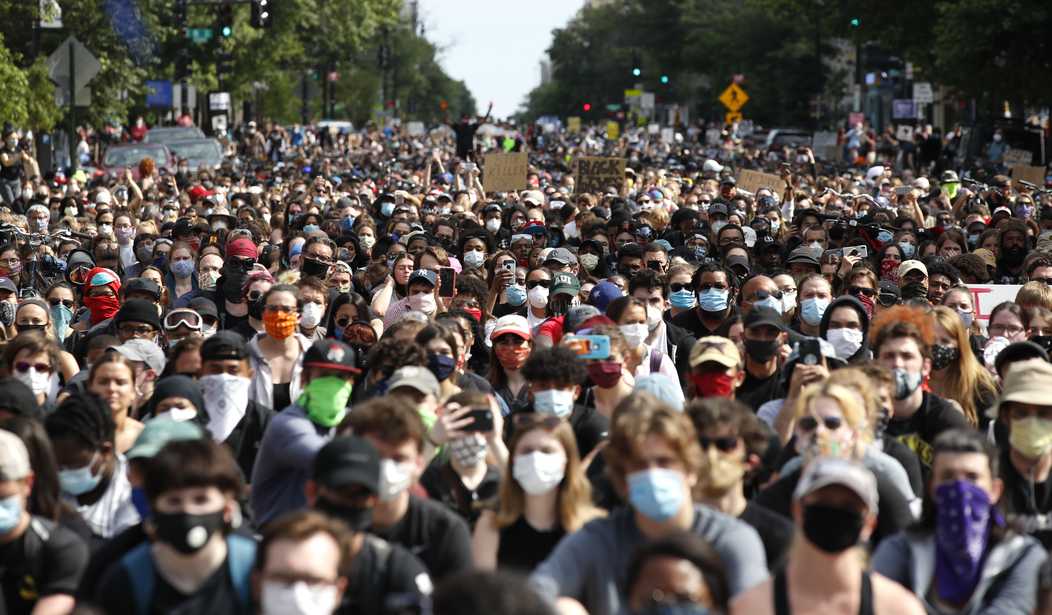

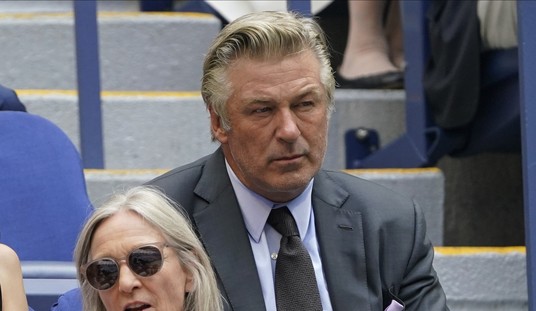

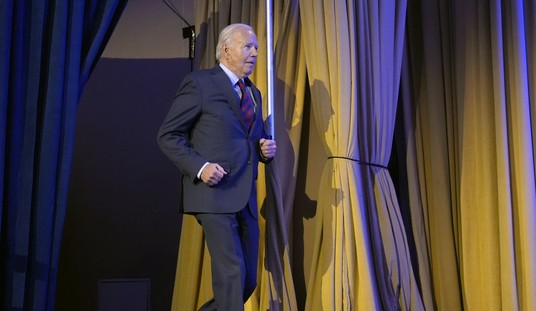
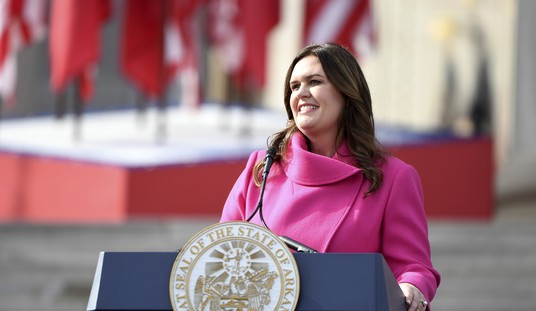
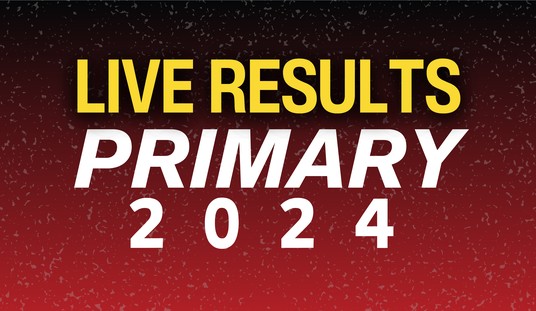

Join the conversation as a VIP Member